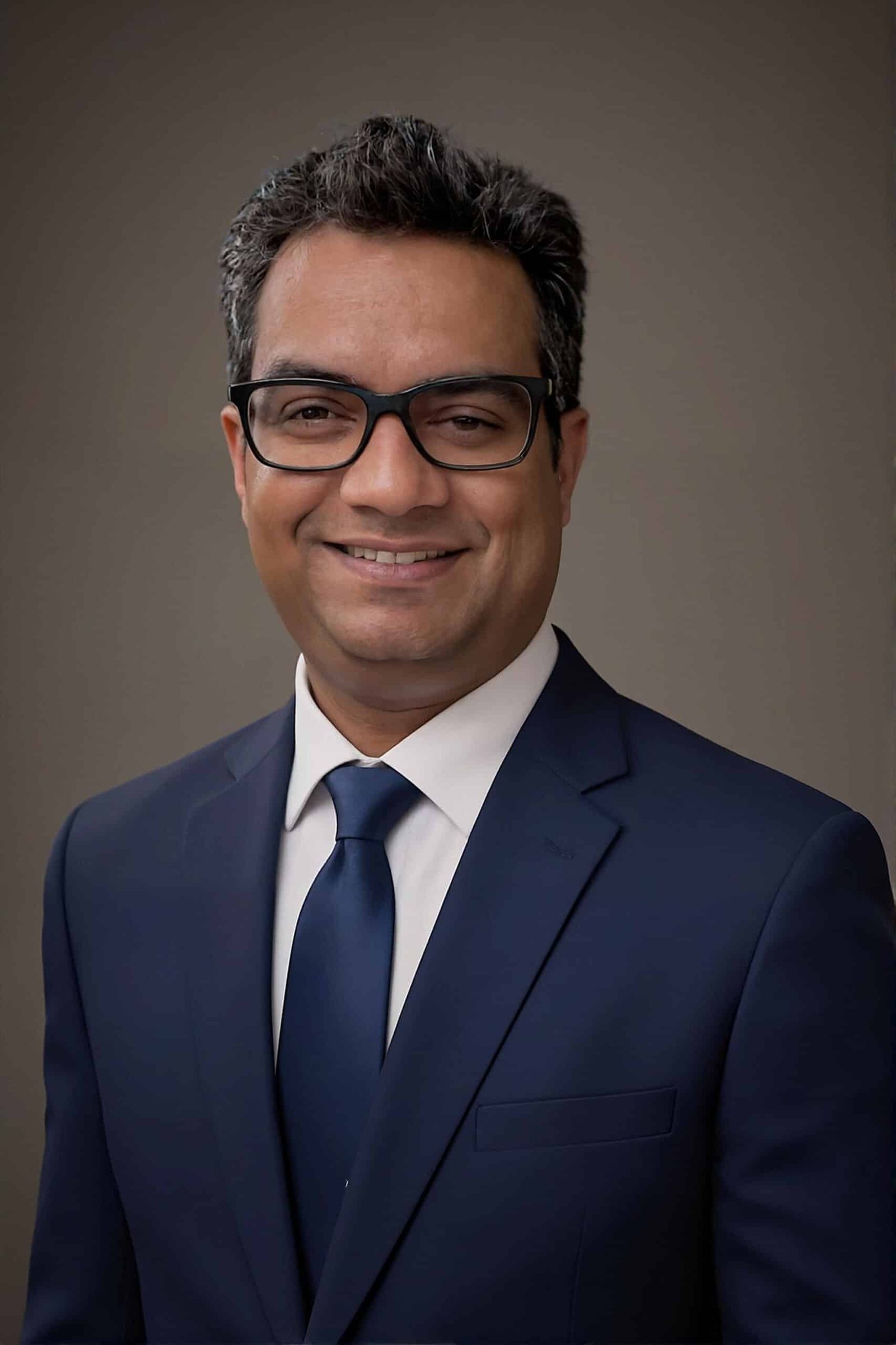Why Beijing Cannot Achieve Global Leadership Without New Delhi

Why India Matters
As China accelerates its bid for global leadership, no country’s position is more pivotal than India’s. With 1.4 billion citizens, the world’s largest democracy and the fastest-growing major economy, India occupies a unique role in shaping the balance of power across Asia and beyond. For Beijing, New Delhi’s cooperation provides symbolic legitimacy and economic weight. For Washington, India is a strategic counterbalance to China’s rise. And for global investors, India represents not just a market but a fulcrum of the evolving multipolar order.
India’s Economic and Demographic Weight
India’s importance begins with scale. It recently overtook China as the world’s most populous country and continues to post GDP growth rates above 6%, outpacing most other major economies. With a young workforce, expanding middle class, and booming tech sector, India offers both a vast consumer base and a dynamic supply of labor.
This dual identity—as both a market and a production hub—gives India leverage unmatched by smaller emerging economies. Where China offers scale in manufacturing, India offers scale in services, digital infrastructure, and democratic legitimacy.
Democratic Credibility vs. China’s Party-State
For Beijing, legitimacy is a challenge. China’s governance model projects power but struggles to win trust across democratic nations. India, as the world’s largest electoral democracy, lends a credibility Beijing cannot generate on its own.
If China hopes to shape multipolar forums such as the Shanghai Cooperation Organization (SCO) into counterweights to U.S.-led alliances, India’s participation—even symbolic—provides balance. India’s mere presence signals that China’s leadership is not just a bloc of authoritarian states, but a coalition inclusive of democracy.
India’s Strategic Caution
Yet India remains cautious. Prime Minister Narendra Modi appeared cordial at the latest SCO summit in Tianjin, but beneath the optics lies strategic restraint.
- Ties with the U.S. and Quad: India continues to deepen defense cooperation with Washington, Tokyo, and Canberra through the Quad alliance. Joint military exercises and defense trade underscore this trajectory.
- Economic Decoupling: New Delhi is actively reducing reliance on Chinese imports in sensitive sectors such as telecommunications, semiconductors, and critical infrastructure. Policies barring Huawei from 5G contracts and incentives for domestic semiconductor production reflect this push.
- Geopolitical Hedging: India participates in both the SCO and Quad, maintaining strategic autonomy to maximize leverage between East and West.
This balancing act reflects India’s unwillingness to be subsumed under Beijing’s leadership. Instead, it positions New Delhi as an independent power capable of extracting benefits from both camps.
Bargaining Power Through Multipolar Engagement
For China, persuading India to engage—even symbolically—enhances Beijing’s narrative of multipolarity. India’s presence softens accusations that the SCO or BRICS are dominated by China and Russia.
For India, the calculus is pragmatic. Participation in SCO summits and BRICS expansions ensures a seat at the table where global norms and trade frameworks are debated. More importantly, it provides bargaining power with Washington, demonstrating that New Delhi has other options if U.S. policies prove too restrictive or conditional.
In essence, India leverages multipolar platforms to maintain negotiating leverage with both East and West.

According to Prof. Dr. Amarendra Bhushan Dhiraj, Executive Chair, CEO, and Editorial Director of CEOWORLD magazine, India’s significance in shaping the global order has never been greater. “Neither China’s leadership ambitions nor America’s Indo-Pacific strategy can succeed without New Delhi,” he observes. “India is the indispensable player—the swing state of geopolitics.”
He notes that India’s power lies in its ability to balance both sides. On one hand, it deepens defense and technology partnerships with the U.S. and Quad members; on the other, it engages in multipolar forums like the SCO and BRICS. “This duality is not contradiction,” Prof. Dhiraj argues, “it is strategic leverage.”
For business leaders and investors, he emphasizes that India’s role goes far beyond GDP growth or demographics. Its democratic credibility, expanding technology ecosystem, and capacity to shape regional supply chains position it as a central driver of multipolarity. “India’s cautious engagement with China and simultaneous alignment with the U.S. illustrate a sophisticated strategy of autonomy,” he explains.
Prof. Dhiraj concludes: “Global CEOs and investors must recognize that India is not just a growth market—it is the pivot on which the balance of power tilts. To ignore this is to misunderstand the next era of global leadership.”
Risks of Overstretch
India’s balancing act carries risks.
- Border Tensions: Relations with China remain fragile after clashes in Ladakh and the continuing military standoff. Strategic mistrust runs deep.
- Dependence on Russian Defense Supplies: India still relies heavily on Russia for arms procurement, complicating deeper integration with Western defense networks.
- Domestic Pressures: Economic reforms, infrastructure bottlenecks, and social cohesion challenges could dilute India’s ability to project power externally.
Yet India’s resilience lies in strategic ambiguity—avoiding overcommitment while advancing its own industrial and defense self-reliance agendas.
Outlook: India as the Decider
For China, India is not just another member of the SCO. Without India’s buy-in, Beijing’s efforts to portray multipolarity as inclusive and global fall short. For the U.S., India is the cornerstone of its Indo-Pacific strategy, offering both geographic and economic counterbalance to China.
India will not align fully with either. Instead, it will maintain multi-vector engagement—embracing U.S. defense ties, engaging in Quad and Indo-Pacific initiatives, while still showing up at SCO and BRICS forums to shape narratives from within.
For global business leaders, this dynamic means India is not simply an emerging market. It is the swing state of geopolitics, shaping trade, technology standards, and security alliances for decades to come.
Executive Takeaway
For CEOs, CFOs, and global investors, India’s role in the global order delivers three strategic insights:
- India is indispensable. Neither China’s leadership bid nor America’s Indo-Pacific strategy can succeed without New Delhi.
- India plays both sides. Its participation in Western and multipolar blocs is not contradiction—it is leverage.
- Business must adapt. For investors, India offers long-term growth but also demands awareness of its geopolitical balancing act, which shapes regulatory, defense, and trade policies.
In short, why India matters is not only about demographics or GDP. It is about India’s ability to remain independent, credible, and central to the emerging multipolar world.
Have you read?
The Citizenship by Investment (CBI) Index evaluates the performance of the 11 nations currently offering operational Citizenship By Investment (CBI) programs: St Kitts and Nevis (Saint Kitts and Nevis), Dominica, Grenada, Saint Lucia (St. Lucia), Antigua & Barbuda, Nauru, Vanuatu, Türkiye (Turkey), São Tomé and Príncipe, Jordan, and Egypt.
Copyright 2025 The CEO Policy Institute. All rights reserved. This material (and any extract from it) must not be copied, redistributed, or placed on any website without CEO Policy Institute's prior written consent. For media queries, please contact: info@ceopolicy.com





